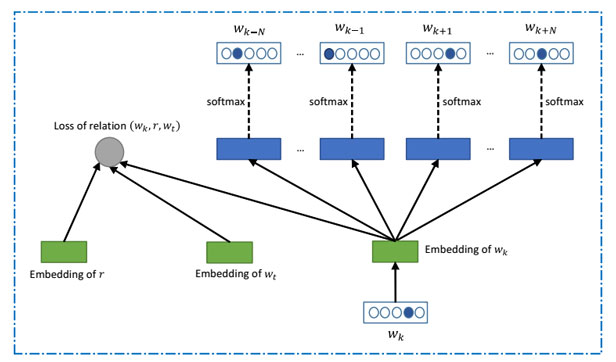Best of 2015: Deep Learning Machine Beats Humans in IQ Test
Just over 100 years ago, the German psychologist William Stern introduced the intelligence quotient test as a way of evaluating human intelligence. Since then, IQ tests have become a standard feature of modern life and are used to determine children’s suitability for schools and adults’ ability to perform jobs.

These tests usually contain three categories of questions: logic questions such as patterns in sequences of images, mathematical questions such as finding patterns in sequences of numbers and verbal reasoning questions, which are based around analogies, classifications, as well as synonyms and antonyms.
It is this last category that has interested Huazheng Wang and pals at the University of Science and Technology of China and Bin Gao and buddies at Microsoft Research in Beijing. Computers have never been good at these. Pose a verbal reasoning question to a natural language processing machine and its performance will be poor, much worse than the average human ability.
Today, that changes thanks to Huazheng and pals who have built a deep learning machine that outperforms the average human ability to answer verbal reasoning questions for the first time.
Keep Reading
Most Popular
Large language models can do jaw-dropping things. But nobody knows exactly why.
And that's a problem. Figuring it out is one of the biggest scientific puzzles of our time and a crucial step towards controlling more powerful future models.
The problem with plug-in hybrids? Their drivers.
Plug-in hybrids are often sold as a transition to EVs, but new data from Europe shows we’re still underestimating the emissions they produce.
How scientists traced a mysterious covid case back to six toilets
When wastewater surveillance turns into a hunt for a single infected individual, the ethics get tricky.
Google DeepMind’s new generative model makes Super Mario–like games from scratch
Genie learns how to control games by watching hours and hours of video. It could help train next-gen robots too.
Stay connected
Get the latest updates from
MIT Technology Review
Discover special offers, top stories, upcoming events, and more.